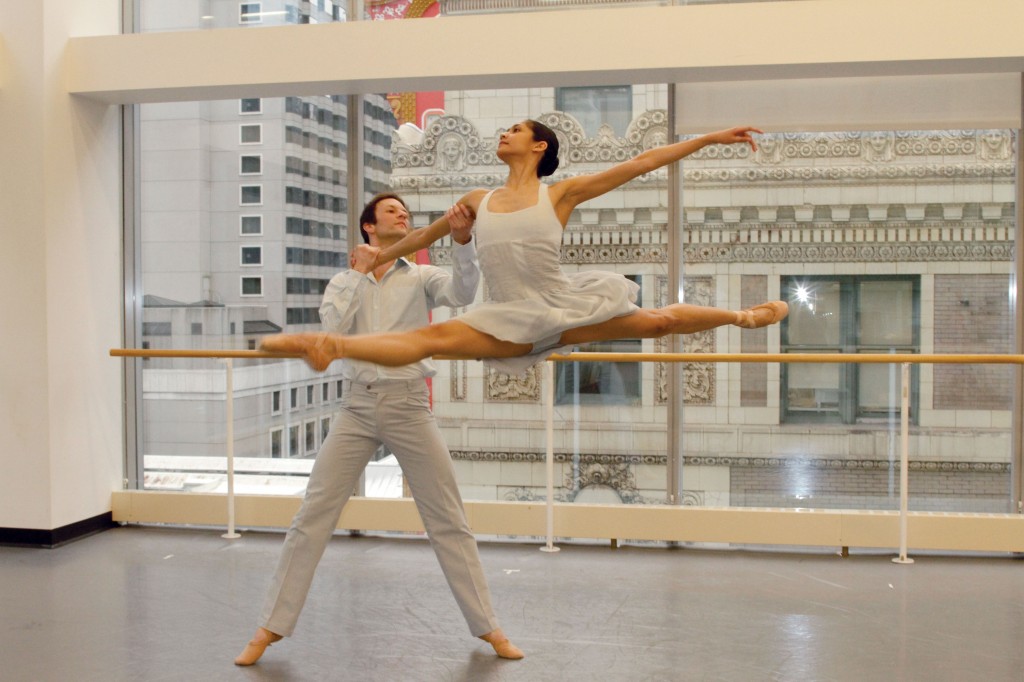
The Joffrey is taking on Romeo & Juliet this season, which has an amazing score by Sergei Prokofiev. We asked conductor Scott Speck some questions about the music, and he shares some wonderful insights with us here.
Can you share some background information about the composer and the development of this score?
One of the great thrills of working in the field of ballet is the opportunity to perform the score to Romeo and Juliet by Sergei Prokofiev. I am grateful to the Joffrey’s Artistic Director, Ashley Wheater, for programming it. All the musicians of the Chicago Philharmonic feel the same way.
Prokofiev was a Russian composer — or more accurately, for much of his life, a Soviet composer. But his work bears very little resemblance to that of his revered countrymen, Tchaikovsky or Stravinsky. Prokofiev had a musical style that was entirely his own. Generally speaking, he could be considered part of the Neoclassical movement — paying tribute to the great Baroque and classical masters with a familiar tonal language and forms such as the “Gavotte”, but with a modern take that could never be mistaken for anything but twentieth-century. But Igor Stravinsky was also a neoclassicist for part of his career, and there is no confusing the two composers. Prokofiev’s style is very melodic — there is hardly a moment that can’t be sung. He got his start in ballet early, moving to Paris and composing for a very young Balanchine and the Ballets Russes. (In fact, Prodigal Son, which the Joffrey Ballet performs in September, was one of his first in the genre.) If he did imitate the great Russian ballet composers in any way, it was in his pacing. The music drives the action in the play admirably, with gorgeous melodies for each major character and theme in the story.
What are some of the particular challenges when it comes to conducting the music of Prokofiev for this ballet?
The biggest challenge is the sheer virtuosity of the writing — the difficulty of the score itself. Being a great pianist, Prokofiev infused his scores with devilish technical challenges that would be much easier to play on the piano than on the various instruments of the orchestra. It takes a truly great orchestra to do justice to the intricacies of his music. Luckily we have the Chicago Philharmonic!
Are there any specific instruments that feature prominently here, and what does that add to the overall feel and mood of the score? [Read more…]




